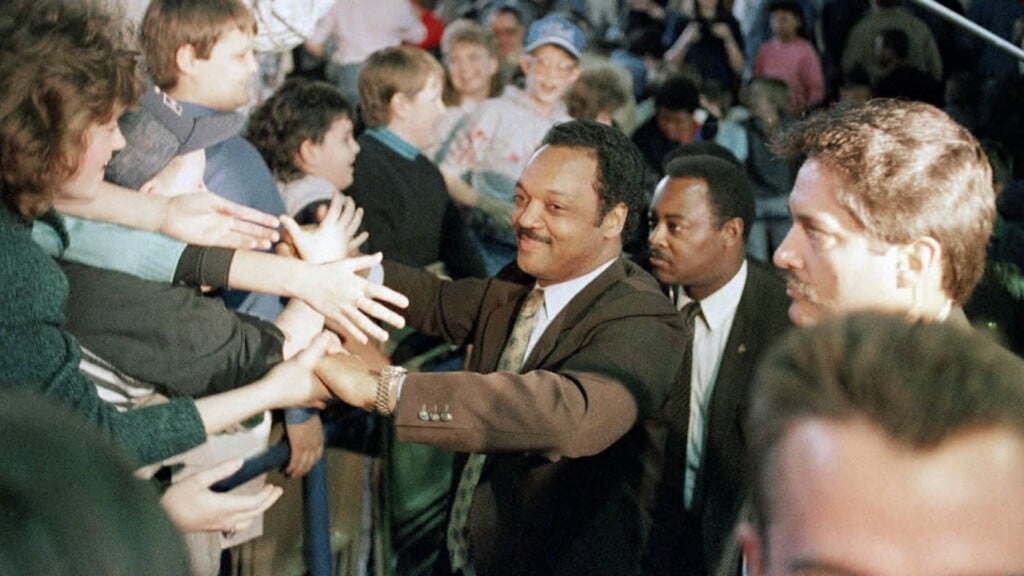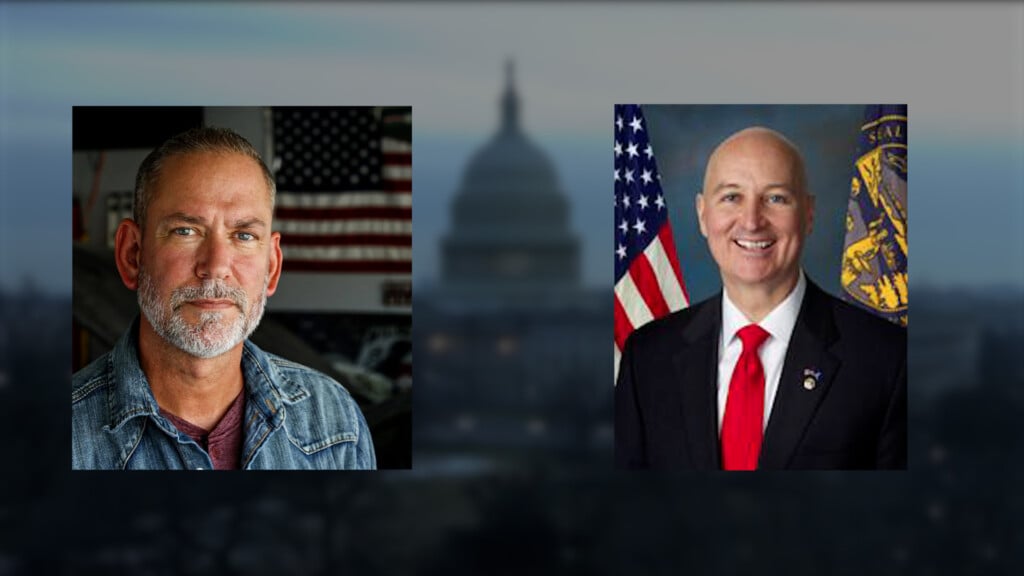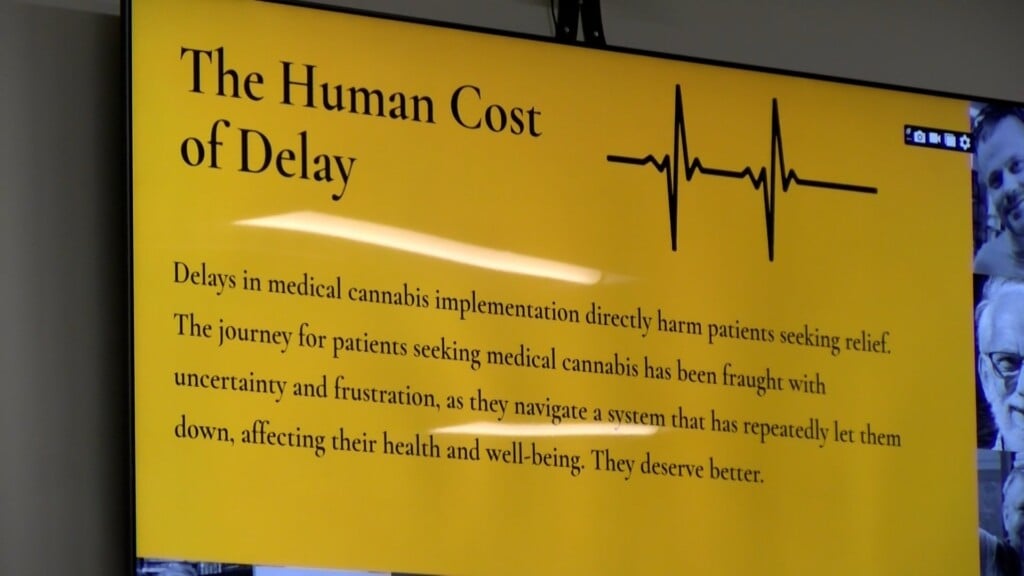SCOTUS sides with Christian web designer excluding same-sex couple
LINCOLN, Neb. (KLKN) — The Supreme Court released rulings on several prominent cases that many Americans awaited answers for.
From the rejection of President Biden’s student loan forgiveness program to its decision to overrule affirmative action.
Friday, the Supreme Court voted 6 to 3 in favor of a Christian web designer who refused service to a same-sex couple.
The Justices ruled she did not have to perform services that infringed on her freedom of speech.
The case began in Colorado in 2016 when the web designer challenged the state’s accommodation law to serve customers regardless of personal convictions.
Philip Weiser, Colorado’s Attorney General said, “This sweeping opinion promises to destabilize the public marketplace, enabling and encouraging all types of businesses not just those who make websites to have a first amendment right to refuse customers because of who they are.”
The Nebraska Family Alliance agrees with the organization defending the Colorado web designer.
NFA said the case wasn’t about LGBTQ+ rights at all–rather the freedom of expression.
Nate Grasz is the policy director at NFA, he said the case was about “government-compelled speech.”
“The supreme court simply reaffirmed that the government cannot force you to create or speak messages that you don’t believe in.”
Grasz called the high court’s decision “a free speech victory for all Americans.”
A point of contention between the majority and the dissent was whether or not the ruling would cause a domino effect in other businesses that may refuse services on the basis of freedom of speech.
“I do think that’s what the dissent is afraid of. That this decision opens the door to permitting discrimination on the basis of sexual orientation and potentially other classifications. But at least as this ruling goes there has to be a speech element” said Eric Berger, an Earl Dunlap Law Professor at UNL College of Law.
Experts said the Supreme Court’s ruling would have to undergo further litigation to distinguish which business offerings are considered services of expression and would be protected under the first amendment.



